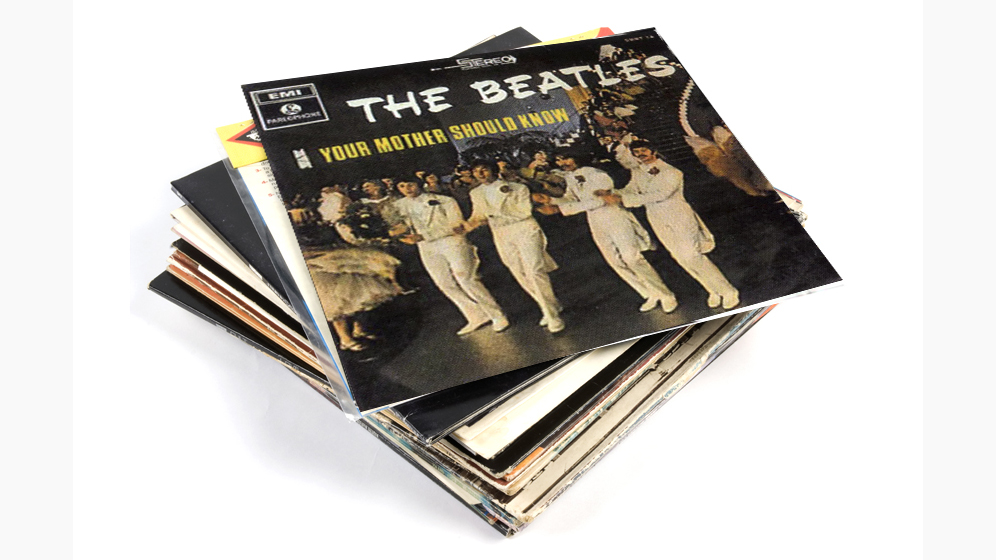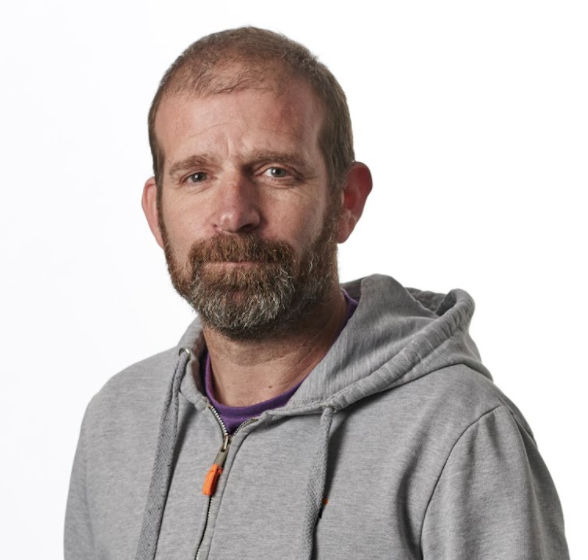Production giant Ken Scott on engineering the Beatles: "The first time I ever sat behind a mixing console was to record Your Mother Should Know. I had absolutely no idea what I was doing"
"That’s been my life. It’s been so ridiculous"

When Geoff Emerick, the engineer who’d worked with the Beatles since the Revolver sessions in 1966, abruptly left the band’s sessions for the White Album in July 1968, George Martin turned to a young Ken Scott.
Scott is now a production legend, having produced, engineered and mixed sessions by a textbook who’s who of classic rock luminaries, including David Bowie, Jeff Beck, George Harrison, John Lennon, Ringo Starr, Jeff Beck, Elton John, Stanley Clarke, Dixie Dregs, Devo, Supertramp and more.
I’d watched people push the faders up and pull them down and turn the knobs, but what that actually really did, I had no idea.
Then, he was a 21-year-old thrust into the hot seat in Studio Two at EMI Studios in London. Now, in an interview recently published by the excellent Tape Op, he's looked back on the day he was plunged into the engineering deep end.
“Well, it started on Magical Mystery Tour,” he told Tape Op. “He [Geoff Emerick] walked out on that one. I was just thrown in."
“The first time I ever sat behind a mixing console was to record Your Mother Should Know, and I had absolutely no idea what I was doing. None whatsoever. I’d watched people push the faders up and pull them down and turn the knobs, but what that actually really did, I had no idea. It was learning by fire."
“That’s been my life. It’s been so ridiculous. The first thing I’m ever an assistant engineer on, side two of A Hard Day’s Night. First thing I ever engineered, Your Mother Should Know.
In reality Scott was no studio newb, having absorbed much from his seniors and - clearly - earned the trust of The World’s Biggest Band and their esteemed production team.
Want all the hottest music and gear news, reviews, deals, features and more, direct to your inbox? Sign up here.
“It was a fantastic studio to learn your craft,” he says. “In one place, you had three of the greatest classical engineers and three or four of the greatest pop engineers. I soaked it all up.”
“Because I’d worked with The Beatles from side two of A Hard Day’s Night through Rubber Soul as an assistant, I think there was enough of a relationship there that they were willing to trust me when I completely messed up. "He’ll get it."
“It was only a few days later I did my first ever orchestral session, which was “I am The Walrus”. Unbelievable!”

I'm lucky enough to be MusicRadar's Editor-in-chief while being, by some considerable distance, the least proficient musician on the editorial team. An undeniably ropey but occasionally enthusiastic drummer, I've worked on the world's greatest music making website in one capacity or another since its launch in 2007. I hope you enjoy the site - we do.